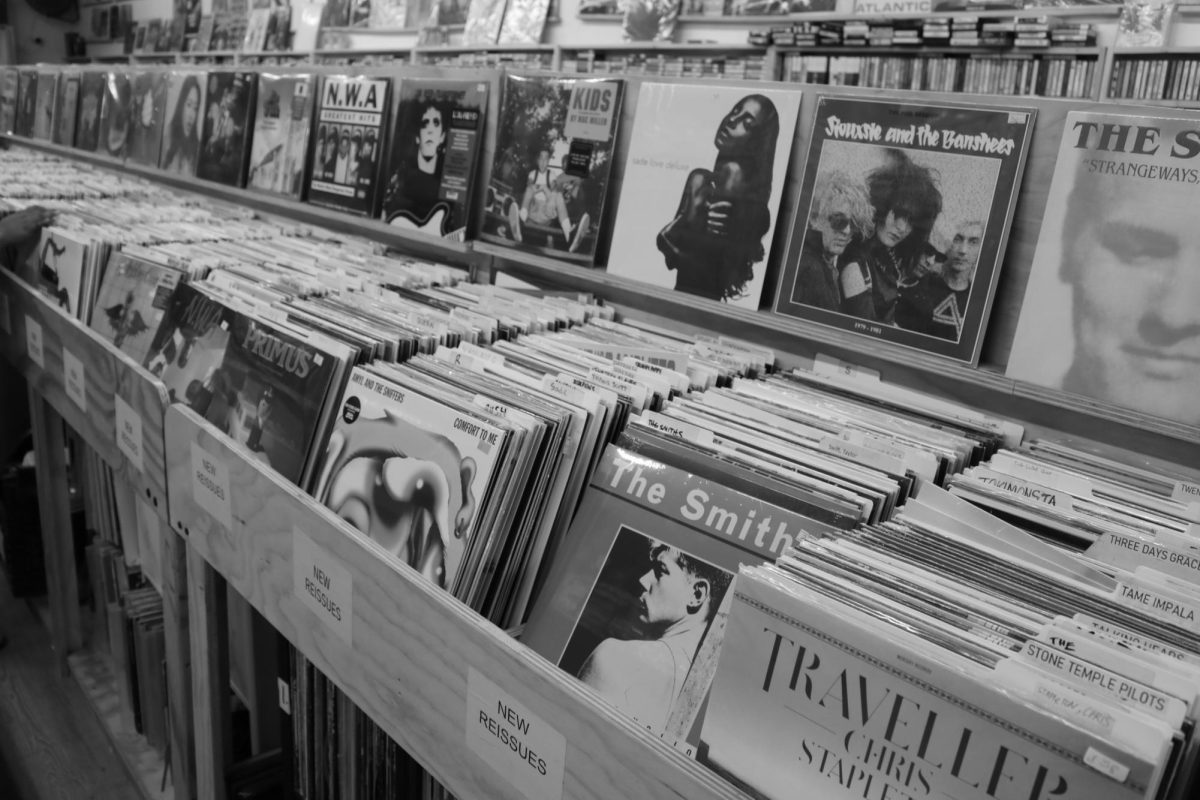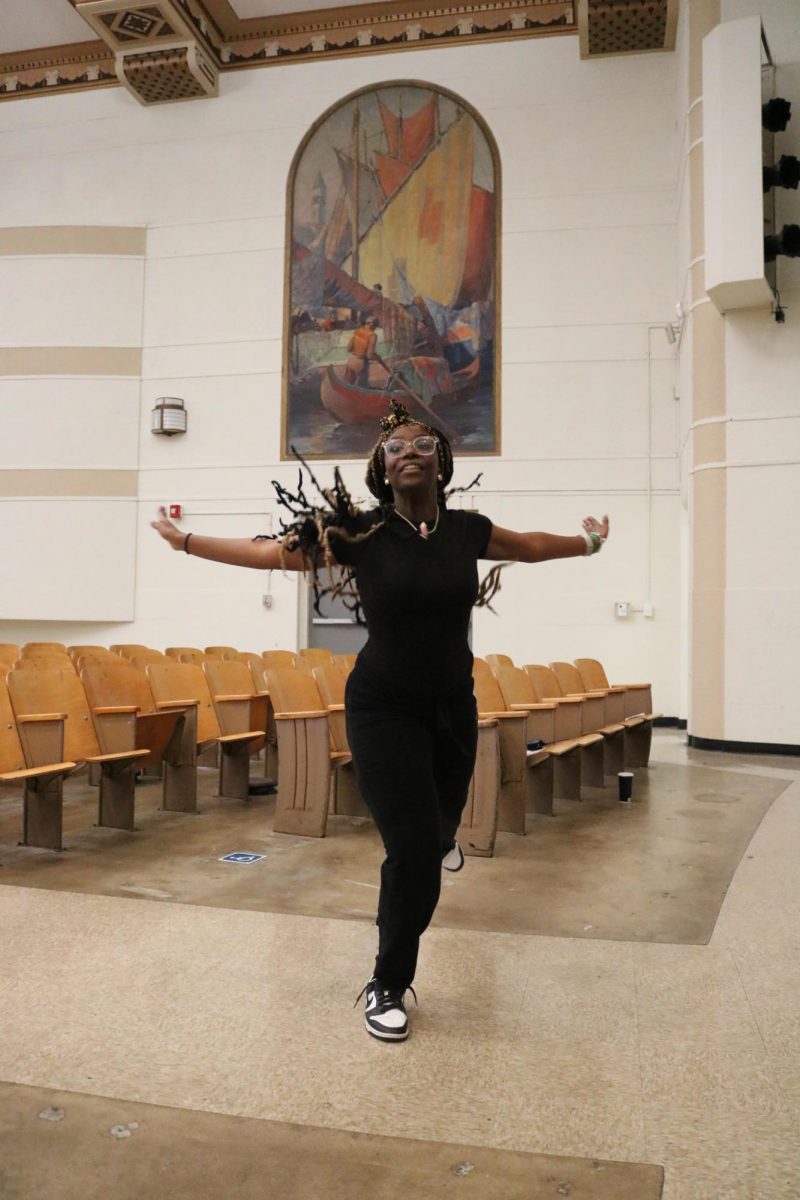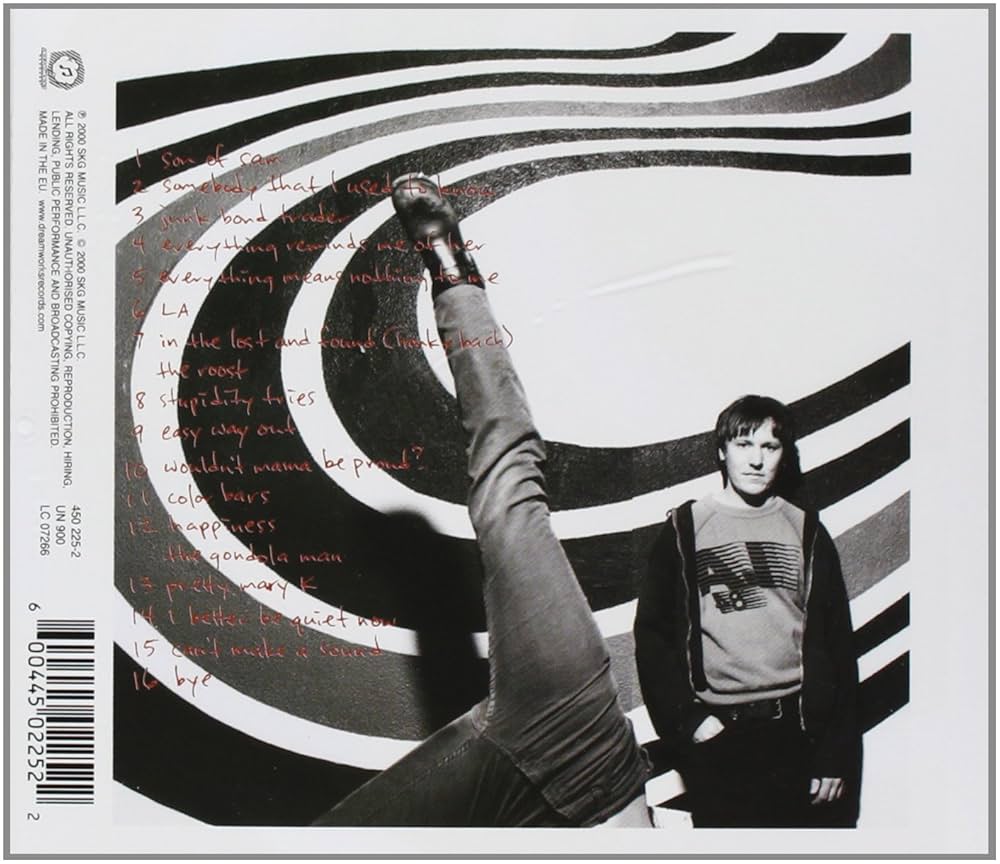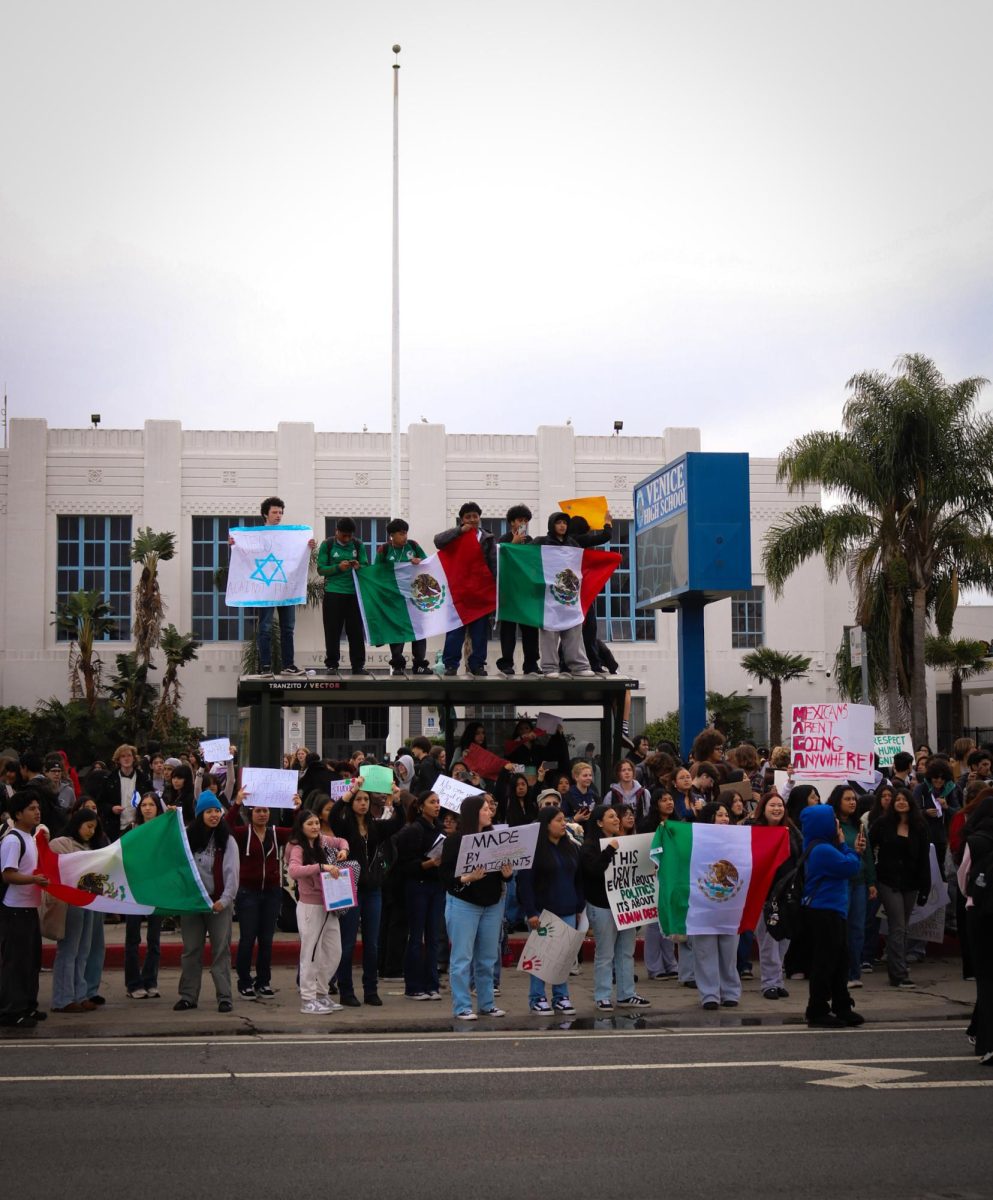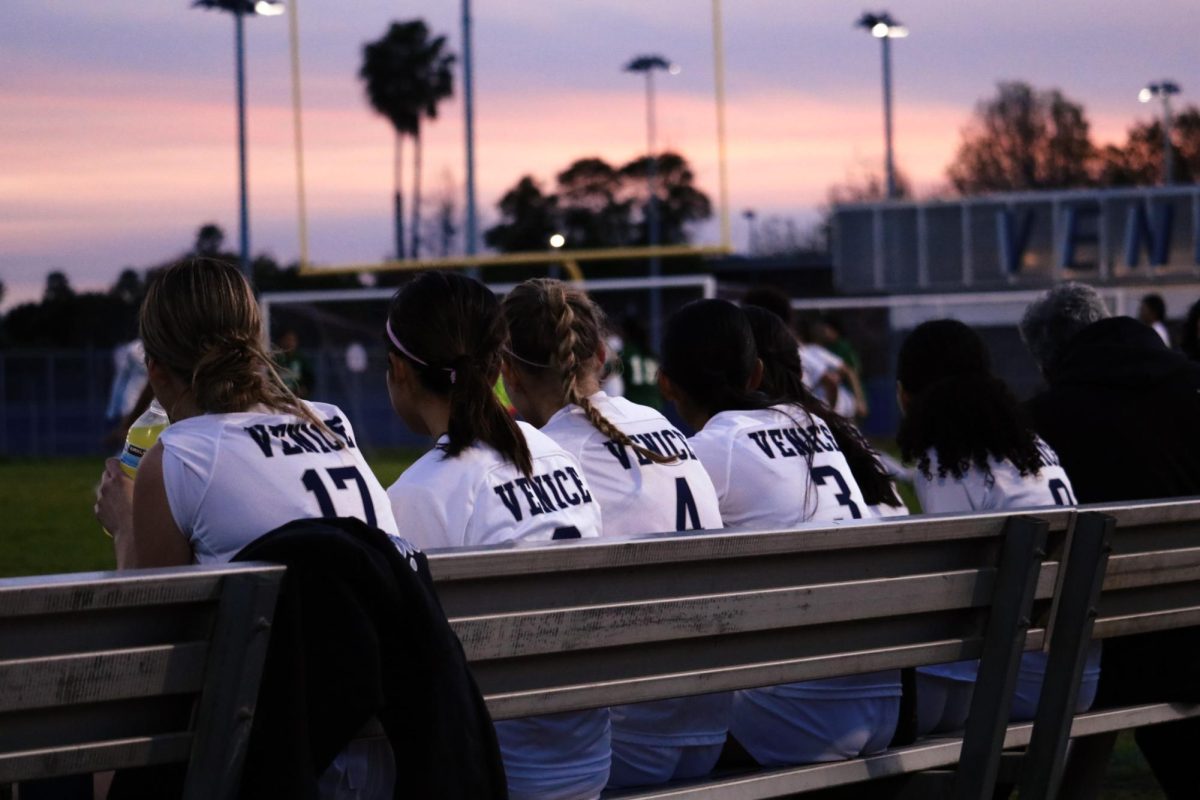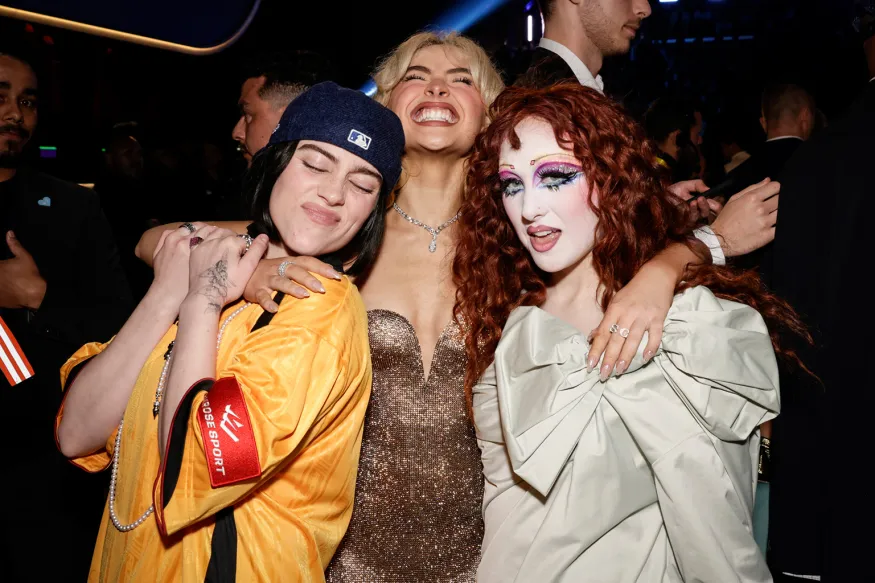Everybody listens to music. It is capable of carrying widespread messages, and appealing to a diverse variety considering the many genres under the sun. It is a medium anyone can enjoy.
Music extends beyond any constructed language or human-made device. Music evolves at a rapid speed to adapt to the current trends and tastes, from theoretically Fred Flintstone writing on clay tablets to now Spotify.
Within the last three decades, us humans have gotten our hands on online music streaming services provided by the so-called internet. Whereas it used to be radio stations, the power of the internet has once again provided us with a reason to be lazy, giving us easy access to any music of choice. Back in the day, the only way people could supply themselves with their desired music was to go into a record store and make a purchase—whether it be vinyls, CDs, or even cassette tapes. They’d go to war just to get music, now they can’t even find their dentures!
Are these recent adaptations necessary, and do they have more positive than negative effects?
Santa Monica’s own Record Surplus stood out to us, as it carries the slogan “The last record store.” Long-time employee Chris Vagnoni emphasizes the rewarding benefits of physical copies of music.
“The good thing is that people can preview stuff online, which can make for safer buying,” he said. “The downside is that, as for people that don’t care so much, they’re missing out on holding a record, reading the liner notes, the extra stuff that comes with it. And it’s arguable that records and CDs definitely sound better than the phone.”
As music lovers, we have the same information in our noggins. There’s something extraordinarily special and valuable in owning a record of one of your favorite albums.
This leads into the deeper meaning to the store’s slogan. What does it mean, and what does it have to do with the evolution of music?
“Actually, our slogan initially came to be when CDs began to take over. The original owner doubled down and his vision was ‘We are going to stay a record store.’” Vagnoni said.
When asking this particular question, we were under the impression that the store’s slogan was referring to the uprising of digital music. We soon found out that this slogan was not only referring to digitalization of music, but music evolution in general.
Meanwhile, checking out Dusty Records in Del Rey, we were intrigued by their fresh and innovative version of a record store. Along with vinyls, CDs, and cassettes, they also sell retro clothing, plants, jewelry, and even have a cafe. They have a very lively and active business.
“I would say in the city of Los Angeles, I feel like record sales have gone up, and I think it’s because it’s such a niche thing out here. I feel like it would be slightly different depending on where you go, but I do think we’re in a generation where we are trying to bring it back. At our store, we’ve experienced an increase in customers.” an employee at Dusty Records said.
Records have a newfound popularity among the younger generation, one enjoyer being Junior Eyal Katzil, who enjoys going to record stores but expressed his realization on records’ shift in importance. With streaming services nowadays, he says buying records has become more of a collectors act.
“Records stopped being a necessity to listen to music, and became more of a collectors’ item – so they’re much more expensive, and much more based off of collecting, which makes the stores more like blockbusters,” he said. “I think vinyls are pretty important, they’re more preserving than media, as one of the earliest forms of music distribution. Keeping record stores alive is for that very important.”
Stepping into the shoes of Sean Michael Howe, the 21-year-old brother of Sage Vercos, and lead guitarist and vocalist of various bands since 7 years old and is currently in the bands Poppy Harlo and Geanies (both on Spotify), we’re able to see the experience of a new artist in the music industry nowadays.
In response to the question “Is it harder to get recognized from just playing at live events” he said,
“Yes. Short answer is yes. You’re better off doing social media promotion in my opinion. As much fun as it is to play shows, you have a lot better of a chance of getting discovered on the internet, social media, things like that, because 30, 40 years ago the only way to really get people’s attention was playing a lot live, building up a following, but it’s still important to do that. Yeah, I’d say you’re better off posting on social media if you’re trying to get discovered.”
When asked about the necessity of running a social media account to gain popularity and your target audience’s attention, Howe said it’s essential because people approach discovering music much differently since the internet.
“Well yes absolutely. That’s just the way things run now. Because for starters there’s just a lot more people sitting on their a** at home on social media, checking it daily, than there are people who are regularly going out, physically out to clubs, to see or in search of upcoming artists/upcoming bands. It’s crucial to have a social media account, to have that access, especially today.”
It’s obvious that newer artists rely primarily on social media to kick start their career. Unfortunately, this creates less opportunity for more obscure/outsider music. A notable A common occurrence that stands out in this particular genre is the quality the music is produced in. While artistic choices definitely play a role in the sound, it also comes down to not being able to acquire the most technical and superlative equipment. While some are under the impression that the outsider genre seems to be dying out because of streaming services and technology advancing, giving less opportunity to channel an odd sound, others see it as a benefit, as now these artists can reach more of their target audience via streaming service.
An honorable mention would be Daniel Johnston, who continues to be a big name in outsider music, specifically his albums from the 80s. His cassettes were never two of the same, as he would intricately handcraft his music and record an entirely new set every time he wanted to sell tapes. This turned out to be maybe thousands of unique cassette tapes, giving him something remarkable to be admired by. While this is a diligent strategy to make it in the music industry, it was different and special, and moments like this are timelessly remembered.
Now, devices like this are primarily used commercially, by money-oriented musicians who buy this gear for replication of the genre, with poor execution. It isn’t authentic, but then again it isn’t their fault, being that there isn’t truly a genuine way to bring this unique style back (considering how much more technologically advanced we are now). If you put someone like Daniel Johnston in this generation, he likely wouldn’t have been discovered, and he’d probably be making music on Garageband.
Despite this, the people of this generation give us hope.
To end on a more positive note, although the music supply world is ever evolving, older traditions like vinyls and CDs are nowhere near extinction. As newer generations are surrounded by digitized music services, they’re learning to appreciate and even envy older traditions while still keeping up with modern changes and appreciating newer music and customs. Record stores may not be as crucial as they once were, but they have remained popular and beloved across the music universe.

